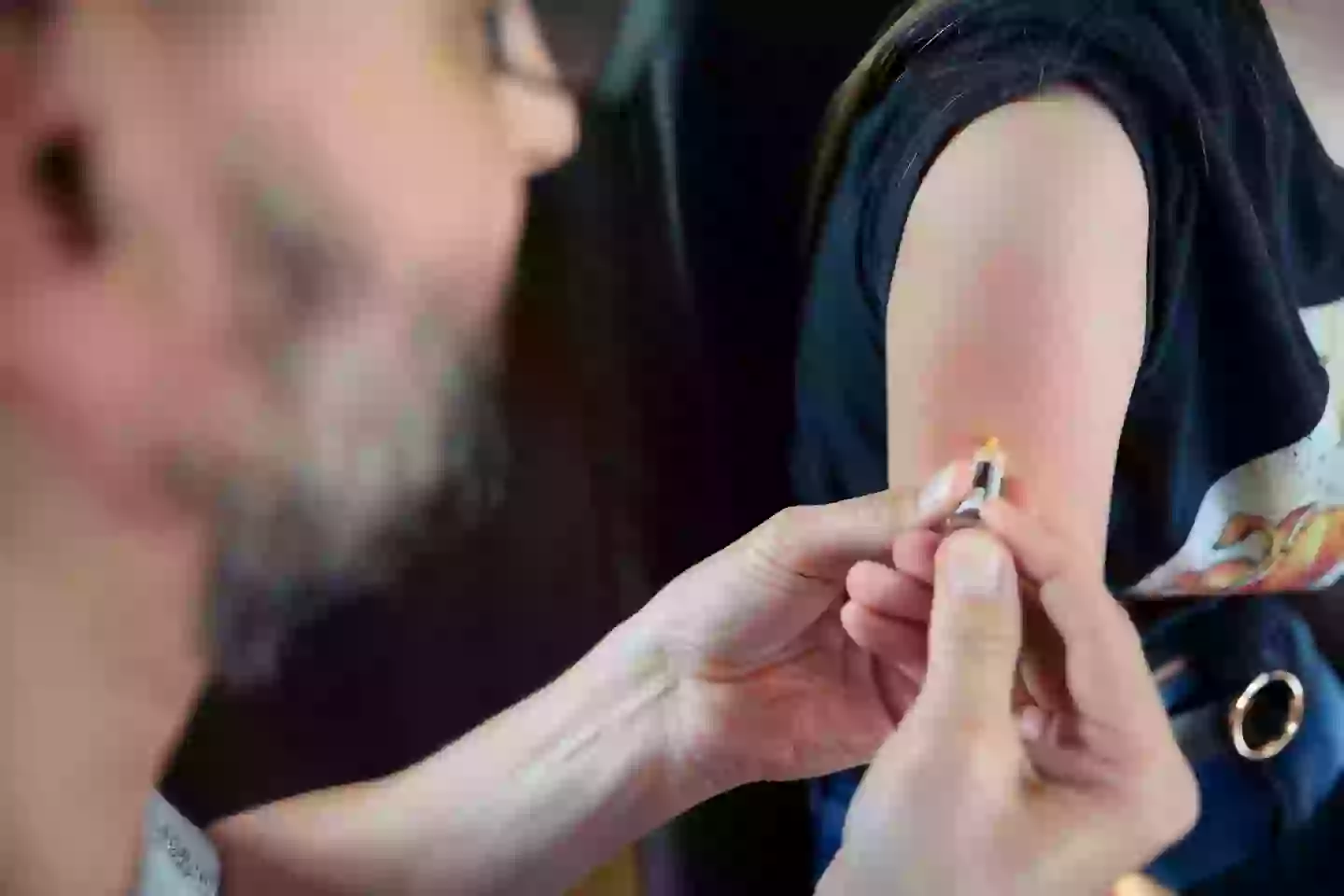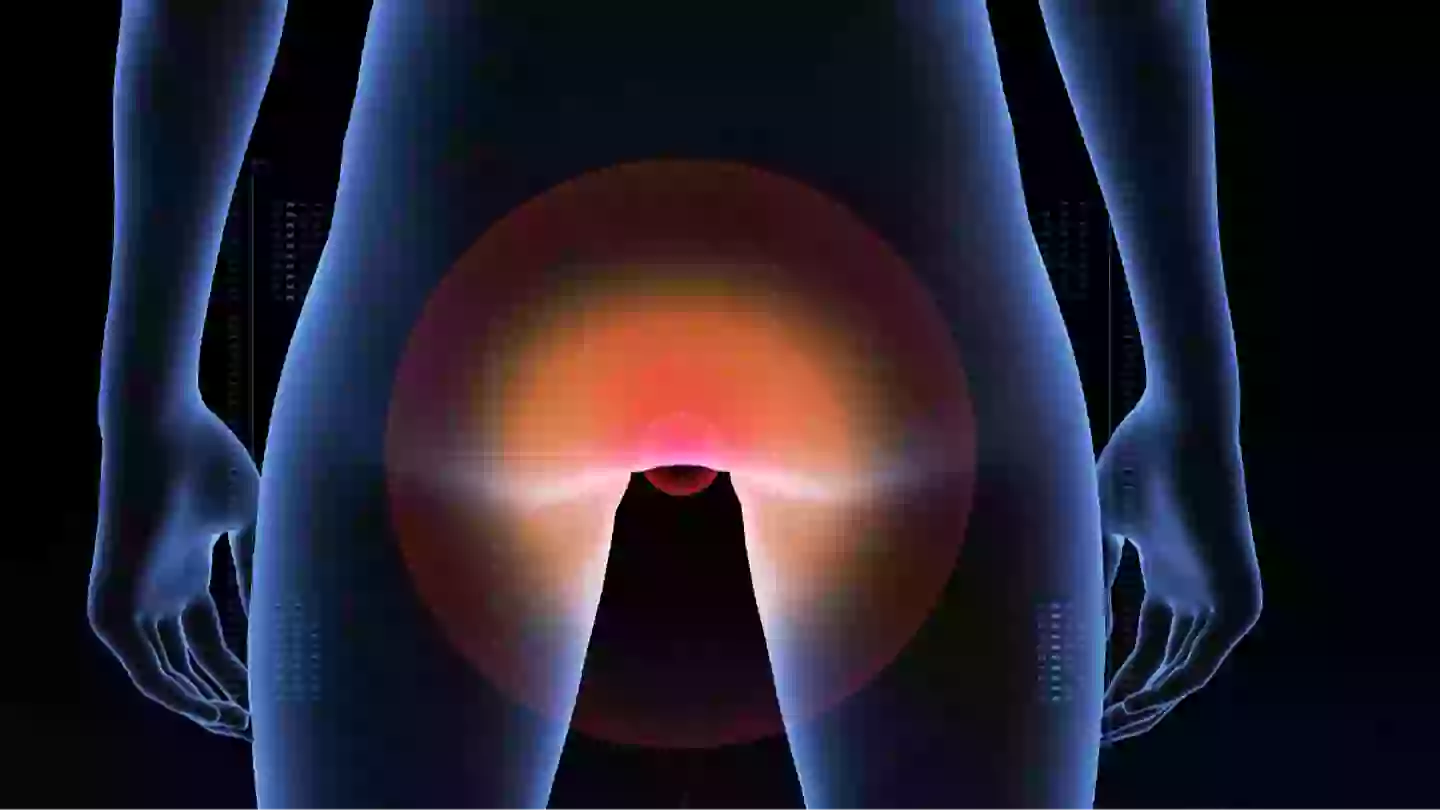A recent study has indicated a potential rise in cases of anal cancer, shedding light on which groups might be most vulnerable.
The research involved an analysis of recent data from the National Cancer Institute, covering the years from 2017 to 2021. This study highlighted an increase in anal cancer cases within a specific demographic.
Anal cancer originates from cell growth in the anal canal, situated at the rectum’s end.
Common symptoms include bleeding, presence of blood in stool, itching, and anal pain. Occasionally, it may manifest as a growth or lump, often mistaken for hemorrhoids.

During a presentation at Digestive Disease Week, researchers disclosed a rise in anal cancer cases by 2.9 percent among women and 1.6 percent among men from 2017 to 2021.
“Rates of anal cancer are rising fastest among white and Hispanic women over 65 – groups not traditionally considered high risk,” stated Dr. Ashley Robinson, the lead author and a second-year internal medicine resident at Advocate Lutheran General Hospital.
The study highlighted that women over 65 experienced the most significant increase, with a 4.3 percent rise.
Hispanic women in the same age bracket also saw a notable increase, with an annual rise of 1.7 percent.
Should this trend persist, analysts predict that cases of anal cancer among women over 65 could potentially double in under 17 years.

While the precise cause of this increase remains unclear, Dr. Robinson speculates it might be related to the HPV vaccination, which is now more commonly available but might not have been recommended for women currently over 65.
HPV infections are linked to anal cancer, with the majority of such cancers caused by the virus.
The HPV vaccine was first introduced in the United States in 2006.
It helps lower the risk of contracting HPV, typically transmitted through skin-to-skin contact, mostly during sexual activity.
Certain HPV strains are associated with cancers like cervical, oral, anal, penile, vulvar, and vaginal.
The CDC advises that individuals up to 26 years old receive the vaccine, ideally before sexual activity begins.
In the UK, the vaccine is available to children aged 12 to 13.

“It’s crucial that we promote HPV vaccination as a key tool for preventing anal cancer, while also keeping health care providers informed as screening guidelines evolve,” Dr. Robinson emphasized.
“These findings highlight specific patient groups who may benefit from targeted screening for anal HPV and anal cancer.”
Currently, older women are not routinely screened for anal cancer, though the study suggests this could be advantageous.
If these issues affect you and you seek confidential support, reach out to the American Cancer Society at 1-800-227-2345 or use their live chat, available round-the-clock every day.

